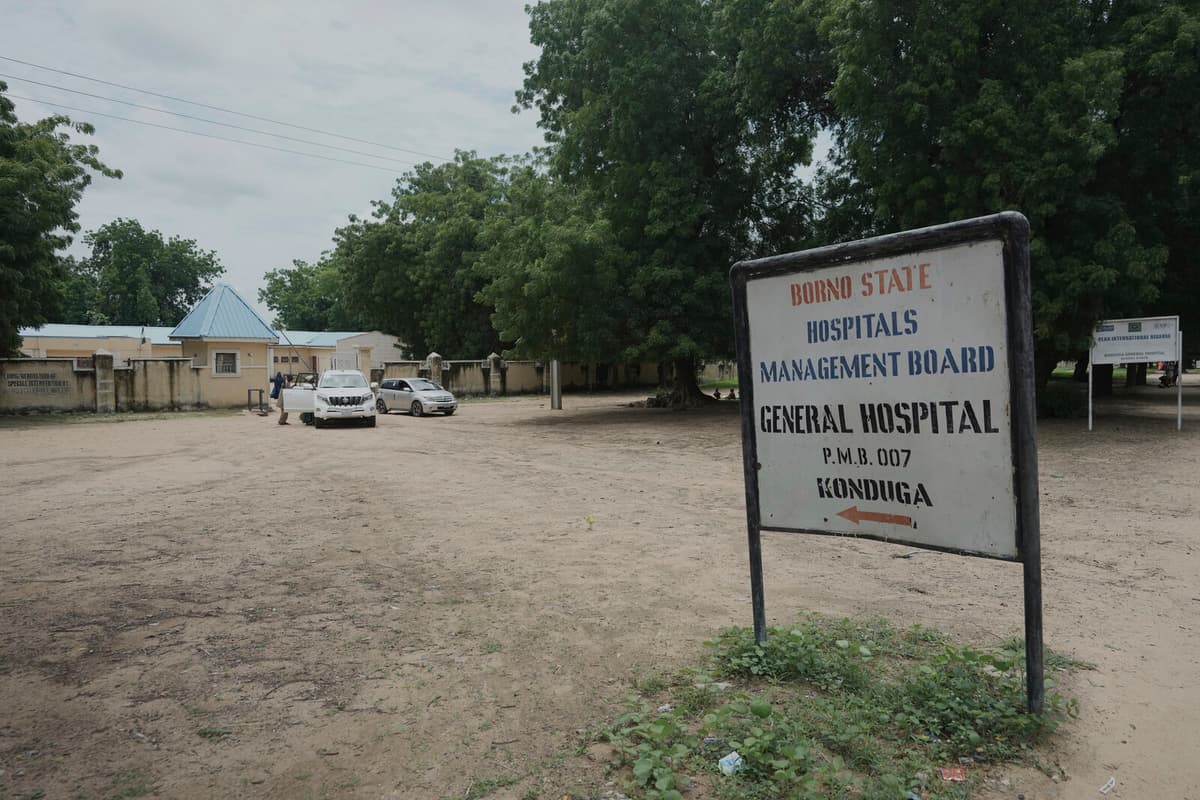Almost all the victims were civilians, many of whom had returned to their hometown after living in camps for internally displaced persons, according to a local aid organization and civilian militia leaders.
The area, in the state of Borno near the border with Cameroon, is controlled by the Islamist terrorist movement Boko Haram, which is blamed for Friday's attack.
According to a calculation, northeastern Nigeria was affected by 300 jihadist attacks during the first half of the year, almost all of which were carried out by the rival extremist group Iswap. The attacks claimed at least 500 lives.
Iswap is also said to have attacked and destroyed 17 military bases during the same period. The increased violence is seen in part as a consequence of Niger, which Borno also borders, withdrawing from the anti-terrorist force G5 Sahel in 2023.
Boko Haram has spread terror in the region since 2009, when it began its attempt to establish a caliphate. Around 40,000 civilians are estimated to have been killed during the movement's advance, and over two million people have been forced to flee their homes, according to UN figures.
Nigeria's government has closed several internal camps in recent years and run a campaign for refugees – like many of Friday's victims – to return home.






